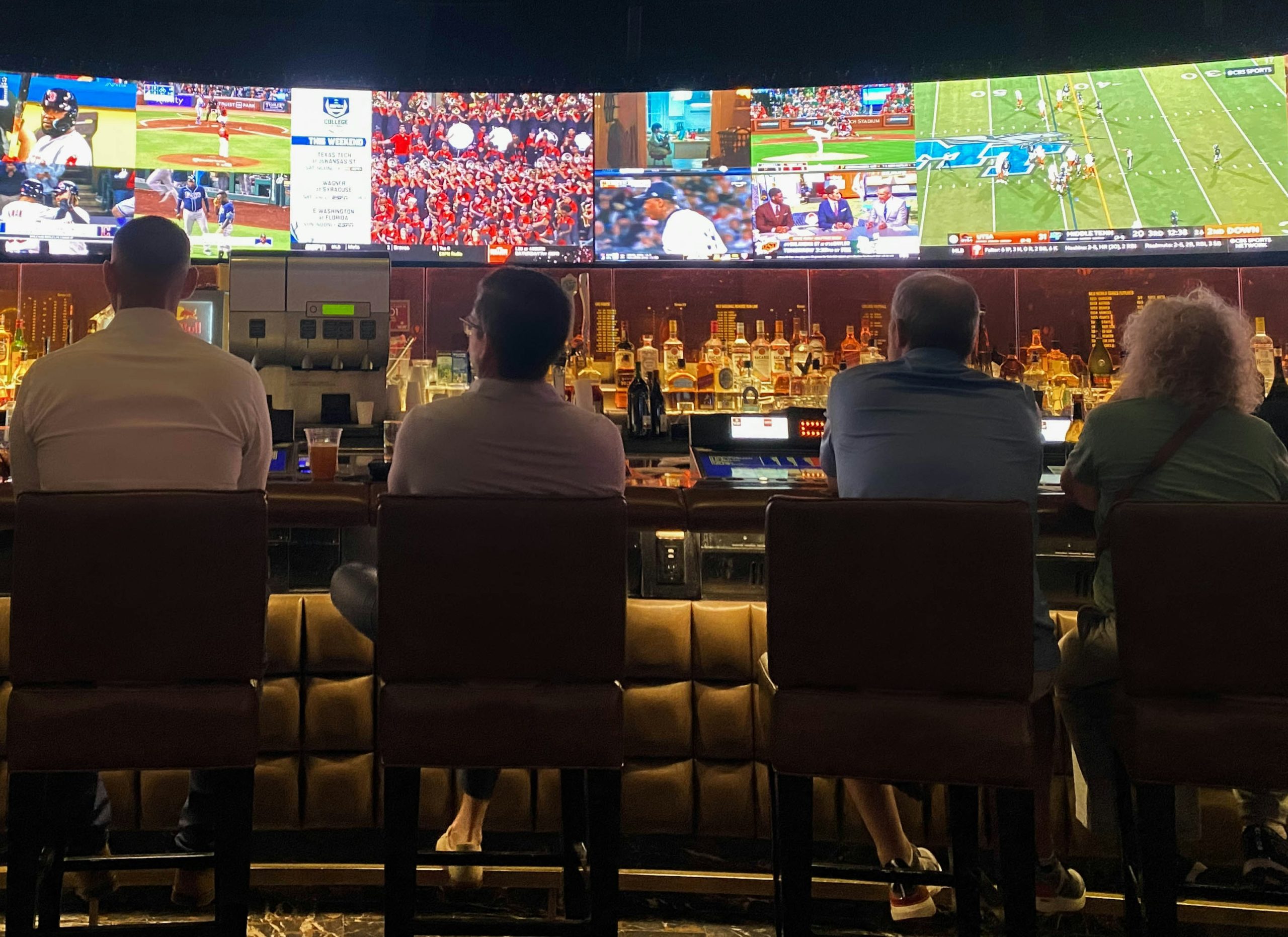In 2024, online reviews can have an immeasurable impact on restaurants. The difference in public perception between a 4.5-star Google review and a 4.0 rating, for example, can be costly.
According to research by Modern Restaurant Management, 34% of diners choose restaurants based solely on information offered on peer review websites. Additionally, 53% of the coveted 18- to 34-year-old demographic reported that online reviews play an important role in their dining decisions.
Thus, ignoring negative reviews about your business is unwise.
“Consumers look for brands to acknowledge their comments, apologize for negative experiences, express gratitude for their business, and sometimes make changes based on their suggestions,” Monica Ho, the CMO at SOCi, told The Food Institute.
“SOCi’s audit of nearly 600 U.S. chain retailers found that 54% of all consumer feedback – both good and bad – on retailer online listings across platforms like Google, Instagram, and Yelp, goes unanswered, leaving consumers feeling ignored and undervalued.”
SOCi recommends that businesses respond to online reviews within 24 to 48 hours. However, its research found that, in 2023, brands averaged 6.3 days to respond to reviews on Google.
Experts told FI that it’s not enough to simply reply promptly to negative online reviews. It’s imperative to reply with comments that are professional and show empathy.
“Acknowledge the issue, apologize sincerely, and offer a solution – or invite the reviewer to discuss the matter offline,” said Alfred Goldberg, chief brand strategist at Absolute Marketing Solutions. “This approach demonstrates that the restaurant values customer feedback and is committed to improving.”
The marketing expert added that prompt, compassionate responses to negative reviews not only mitigate damage to a business’s reputation but can even benefit a restaurant website’s search engine optimization (SEO).
“Never argue with the guest; it’s their money, and they have a strong opinion,” cautioned Craig Dunaway, the COO of Penn Station East Coast Subs.
“Being empathetic and understanding goes further than trying to win the customer over by debating them.”
It’s also important to take a moment to take stock of a customer’s specific gripes when they sound off online. If a customer appears to have a legitimate gripe, it’s important to be transparent.
“If the review represents a real problem in your restaurant, respond with a heartfelt apology and a simple description of the steps you’re taking to ensure it doesn’t happen again,” said Sara Jensen, principal at Brighter Messaging LLC.
In general, industry veterans suggest restaurants take these steps when responding to complaints about alleged poor service, cold food, or expensive entrees:
- Acknowledge the issue
- Apologize sincerely
- Offer to make amends
Experts indicated a manager should respond to negative business reviews. On occasion, however, a tech-savvy employee with a gift for words can effectively put out online fires.
“Keep your eye out for a savvy waiter or waitress who is always on social media,” said Lea Greene, owner of Top Ten Communication LLC. “Some of my best marketers are 20-year-olds. Providing a small, added stipend (for employees’) social media monitoring and response drafting can ease a truckload of stress off upper management.”
To help ensure that your business’s positive online reviews far outweigh the negative, it’s important to request reviews from regular customers.
“Don’t just send a review link to first-timers; lean on your raving fans to spread the word – build it into your loyalty program, etcetera,” said Dana Farber, CEO of Moonstone Marketing.
As with many business initiatives in 2024, AI can offer valuable assistance when it comes to managing online comments.
“AI-driven chatbots on restaurant websites can engage with customers post-visit, prompting them to leave reviews,” noted Matt Kovacs, president of BLAZE PR. “Whatever you end up using, though, make sure not to let it take the ‘person’ out of the response. After all, you may be receiving a bad review in the first place because someone decided to cut corners somewhere.”
The Food Institute Podcast
Tom Hamill, a food and beverage senior analyst for RSM US LLP, joined The Food Institute Podcast to recap the 2024 Summer Fancy Food Show. Hamill shares his thoughts on burgeoning trends from the show and how emerging specialty food brands can best navigate economic factors in the years to come.












